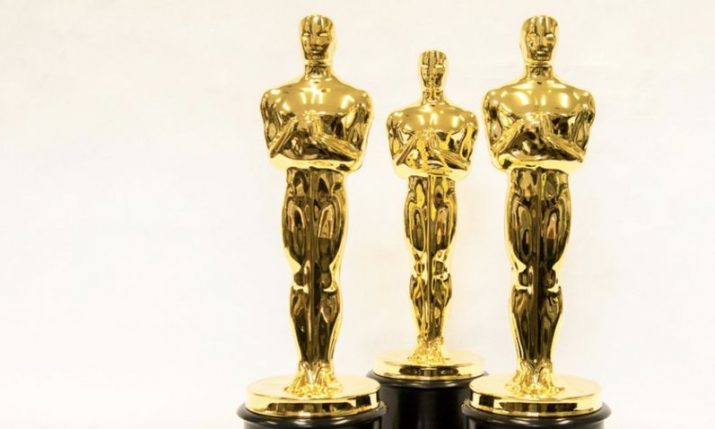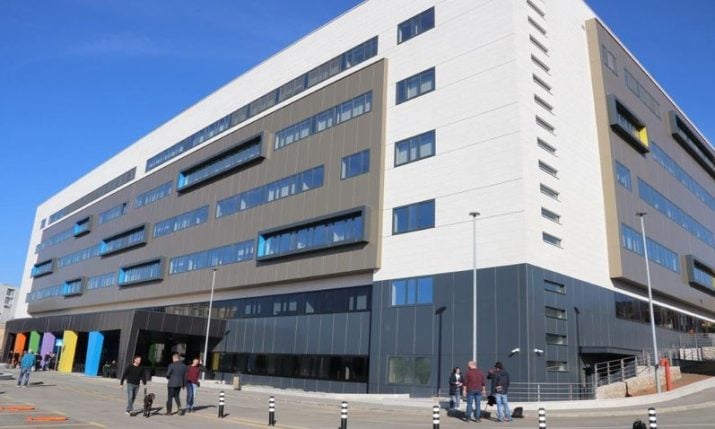Croatian doctors implant heart device in child patient for first time in Rijeka
- by croatiaweek
- in News

(Illustration)
A team of doctors in Croatia have successfully implanted a cardioverter-defibrillator in a child patient for the first time.
Rijeka’s KBC Hospital successfully implanted the cardioverter-defibrillator in a 14-year-old child. The procedure, performed by a team of cardiologists and electrophysiologists, was a first for the hospital and involved the use of a device with an electrode that sends an electric shock to prevent arrhythmia from causing cardiac arrest.
The child is recovering in good condition after an episode of cardiac arrest at home that was preceded by prompt CPR from his father, KBC Rijeka hospital said.
The implantable cardioverter-defibrillator is used for secondary prevention of sudden cardiac death in individuals who have experienced cardiac arrest due to malignant arrhythmia. The classic version of the device is implanted in the subclavian region, where it can stimulate the heart and deliver an electric shock to interrupt arrhythmias. However, in young and active people, the electrode can break down with age and lose its function.
The implantable cardioverter-defibrillator was created to avoid the risks associated with an electrode in the heart and blood vessels and is implanted outside the blood vessel system and heart, with the electrode under the skin on the chest in the shape of the letter “L,” and the device placed under the armpit between two muscles.
While the device cannot stimulate the heart like a classic pacemaker and cannot painlessly interrupt arrhythmia by rapid stimulation, it is preferred for young people who will have to have the device all their life.
KBC Rijeka is a Croatian center that deals with solving the problem of difficult implantations, extraction of infected fractured electrodes, opening of blocked devices for upgrading, and recently extraction of ingrown permanent dialysis catheters that cannot be classically removed. They are referred to from all over Croatia.
The importance of knowing resuscitation techniques is emphasized by KBC Rijeka, as prompt CPR from the child’s father was crucial to his survival.









